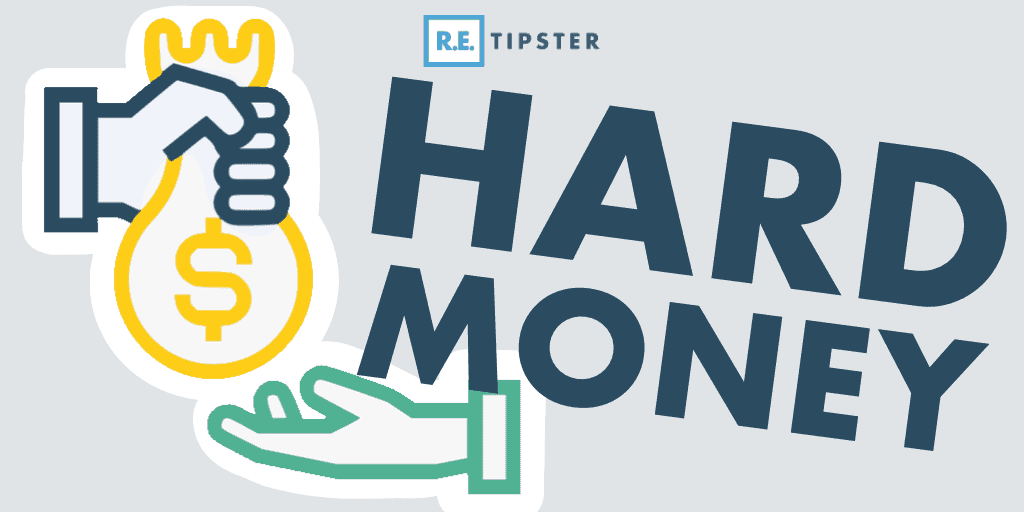Browsing the Property Market: Safeguarding Hard Cash Finances for Home Procurement
Understanding the nuances of hard money financings, from qualifying criteria to the advantages they use, is important for success in home procurement endeavors. As we dig right into the details of this alternative financing method, a comprehensive overview to successfully protecting tough money financings and optimizing residential property purchases will certainly be unveiled.
Understanding Tough Cash Finances
When looking for option funding options for real estate investments, prospective borrowers may transform to difficult money loans as a practical solution. Hard cash car loans are asset-based loans safeguarded by the home itself, making them eye-catching to investors who may not fulfill the stringent demands of typical loan providers. Unlike standard mortgages, tough money loans are usually provided by private investors or business and have much shorter terms ranging from six months to a couple of years.
Rates of interest on difficult money finances are greater than conventional lendings, frequently varying from 7% to 12%, reflecting the increased danger for the loan provider. Furthermore, consumers can expect to pay higher charges and factors upfront. In spite of these drawbacks, hard money loans supply a quicker approval process and financing timeline, making them suitable genuine estate capitalists aiming to take advantage of time-sensitive opportunities. Understanding the terms, conditions, and payment expectations of difficult cash loans is vital for debtors to make enlightened choices and take advantage of this financing choice efficiently in their building purchase undertakings.
Standard for Qualifying
To identify eligibility for difficult cash financings, debtors must meet specific requirements stated by lenders based on the home's worth and the debtor's monetary scenario. Lenders supplying difficult money financings normally focus on the value and capacity of the residential property being made use of as collateral as opposed to the borrower's credit report or economic history. One crucial requirement for getting approved for a hard money loan is the loan-to-value (LTV) ratio, which is the ratio of the finance amount to the assessed worth of the property. Lenders typically like a lower LTV ratio to reduce their threat.
Furthermore, customers are usually called for to have a considerable amount of equity in the residential or commercial property to protect the lending. Lenders might likewise consider the customer's exit approach, such as exactly how they plan to pay off the lending, whether with the sale of the home or refinancing. While typical lending institutions focus on the borrower's credit reliability, difficult cash lenders focus much more on the residential property's prospective and the consumer's capability to implement a successful investment approach.
Advantages of Hard Cash Lendings
Difficult money loans offer investors an one-of-a-kind useful reference opportunity to secure financing rapidly based on the worth of the building being used as collateral instead of traditional credit-based criteria. One substantial advantage of difficult money lendings is the rate at which they can be obtained. Typical small business loan often include a lengthy approval process, including considerable documentation and credit rating checks, which can postpone the procurement of a building. On the other hand, tough cash lending institutions focus primarily on the residential or commercial property's value and potential for roi, permitting a quicker approval process.
Additionally, difficult cash fundings offer even more adaptability for capitalists. These lendings are normally asset-based, suggesting the consumer's credit report and economic background are of less significance (hard money loans in ga). This versatility can be particularly advantageous genuine estate investors that may not fulfill the rigid requirements of standard lending institutions but have valuable buildings to supply as security
In addition, hard cash loans can be an eye-catching option for investors aiming to take advantage of their existing possessions. By using the residential property being acquired as collateral, investors can protect the funding needed without binding their liquid assets. This can offer financiers with the chance to handle multiple tasks concurrently, maximizing their potential returns in the actual estate market.
Finding Lenders


Situating respectable tough money lending institutions is vital for real estate capitalists looking for efficient funding options based on home security. Additionally, getting to out to actual estate representatives, mortgage brokers, or other capitalists who have have a peek at this site experience with tough cash lendings can lead to referrals for trustworthy lending institutions.
Lots of tough cash lenders have sites where they outline their funding programs, terms, and requirements. It's essential to thoroughly research and veterinarian any loan provider before dedicating to a lending contract.

Tips for Effective Purchase
For a smooth and successful property purchase process, investor must focus on detailed due persistance and tactical preparation. Conducting a thorough evaluation why not try this out of the residential or commercial property, its market worth, potential for gratitude, and any kind of existing liens or encumbrances is essential. Capitalists need to likewise think about elements such as the home's area, neighborhood fads, and services that can affect its value and resale worth.

In addition, having a clear financial investment method and exit strategy is crucial for successful building procurement. Whether the objective is to renovate and flip the residential property for a quick earnings or hold it for lasting rental income, capitalists ought to straighten their financing options and timelines accordingly.
Conclusion
Finally, safeguarding difficult money financings for residential property procurement can be a feasible alternative genuine estate investors (hard money loans in ga). Understanding the requirements for qualifying, the advantages of these loans, and discovering reputable lenders are crucial steps in navigating the property market efficiently. By following these suggestions and guidelines, financiers can increase their chances of getting the needed financing to increase their real estate profiles